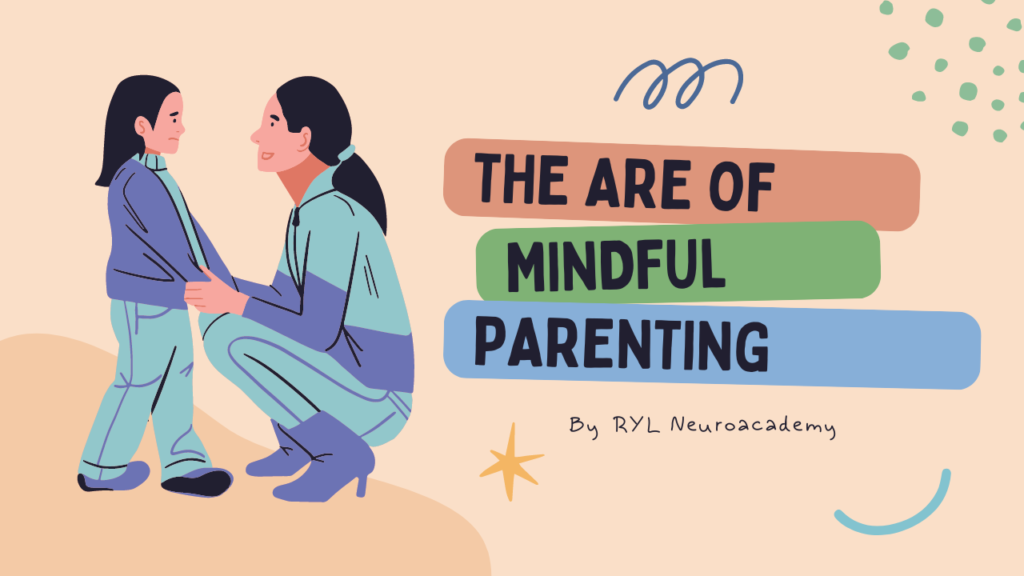Introduction
College life can be exciting, but it also comes with its fair share of stress. From tight deadlines to academic pressure and social challenges, stress can quickly build up. If not managed properly, it can affect your mental health, grades, and overall well-being. So, how can you manage stress as a college student and still thrive?
In this post, we’ll share 9 proven, practical tips that help college students reduce stress and stay mentally strong.
1. Prioritize and Plan Your Day
One of the biggest stressors in college is poor time management. Use a planner or digital calendar to break your tasks into smaller, manageable chunks. Prioritize what’s most important and set realistic goals for each day.
Bonus Tip: Try time-blocking to assign specific hours for studying, meals, breaks, and social time.
2. Practice Deep Breathing and Meditation
Even 5-10 minutes of deep breathing or meditation daily can reduce cortisol (the stress hormone). Apps like Headspace or Calm are great for beginners.
3. Exercise Regularly
Physical activity is one of the best natural stress reducers. Whether it’s a gym session, a run, or even dancing in your room—move your body to boost mood and reduce anxiety.
4. Get Quality Sleep
Lack of sleep makes stress worse. Aim for 7–8 hours of sleep each night. Avoid caffeine late in the evening and limit screen time before bed to improve sleep quality.
5. Eat Nutritious Meals
A healthy brain needs healthy fuel. Avoid excessive junk food and eat balanced meals that include protein, fruits, veggies, and whole grains.
6. Talk to Someone You Trust
Bottling up stress only makes it worse. Share your feelings with friends, family, or a counselor. Many colleges offer free mental health services.
7. Limit Social Media Usage
Constant scrolling can lead to anxiety and FOMO. Set screen time limits or take digital detox breaks to recharge your mind.
Suggested Tool: Use the “Focus Mode” feature on your phone to stay productive
8. Take Regular Breaks While Studying
Studying for hours without breaks leads to burnout. Use the Pomodoro Technique (25 mins study, 5 mins break) to stay focused and refreshed.
9. Seek Professional Help if Needed
If stress becomes overwhelming, it’s okay to seek help from a psychologist or mental health professional. Early intervention can prevent long-term issues.
FAQs
Q1: What are quick stress relief techniques for students?
A: Deep breathing, short walks, listening to music, or journaling can help instantly relieve stress.
Q2: Can stress affect academic performance?
A: Yes, chronic stress can lower focus, reduce memory, and decrease academic performance.
Q3: What foods help reduce stress?
A: Foods rich in omega-3s (like salmon), dark chocolate, and leafy greens help lower stress levels.

